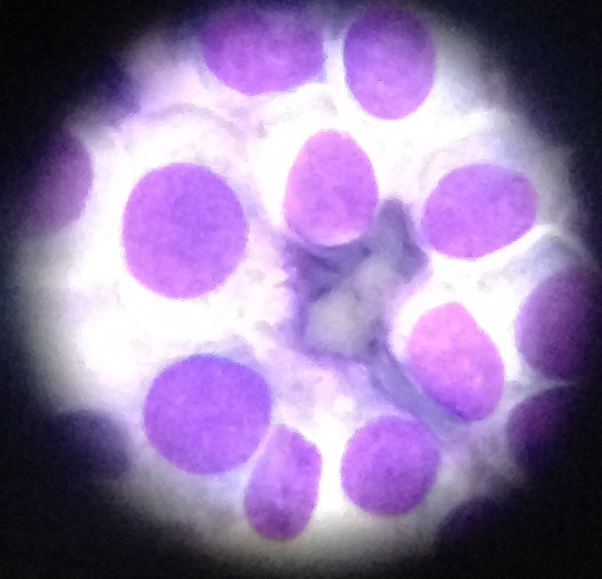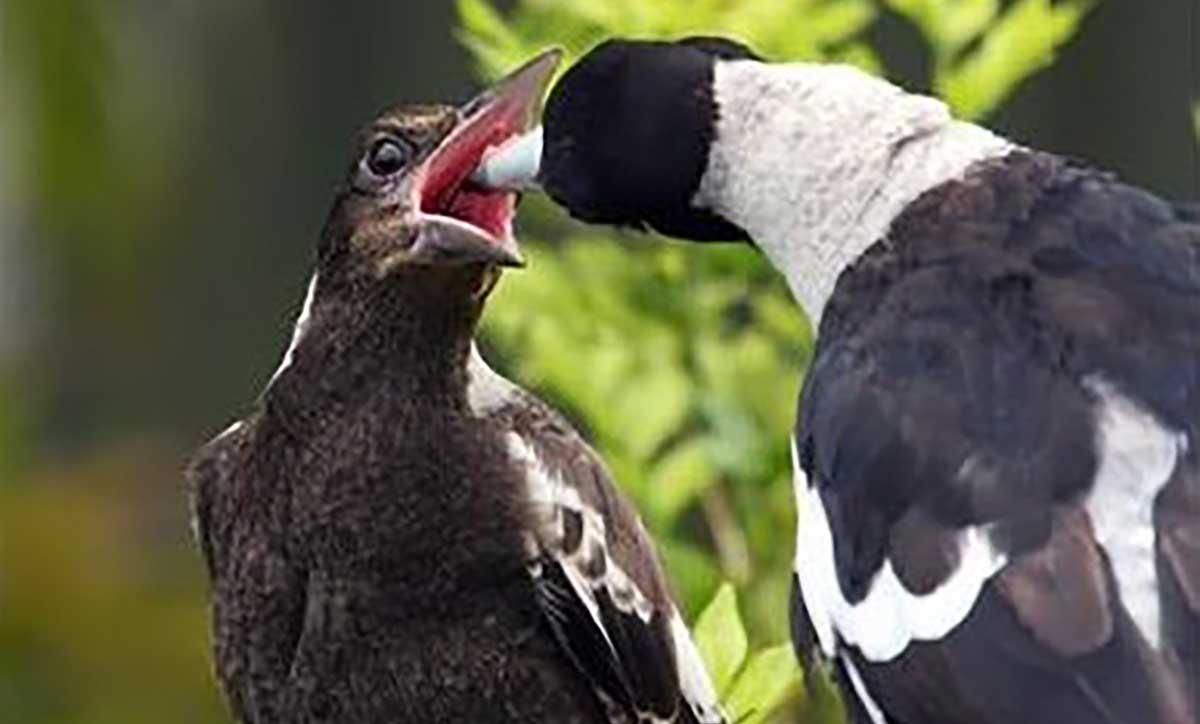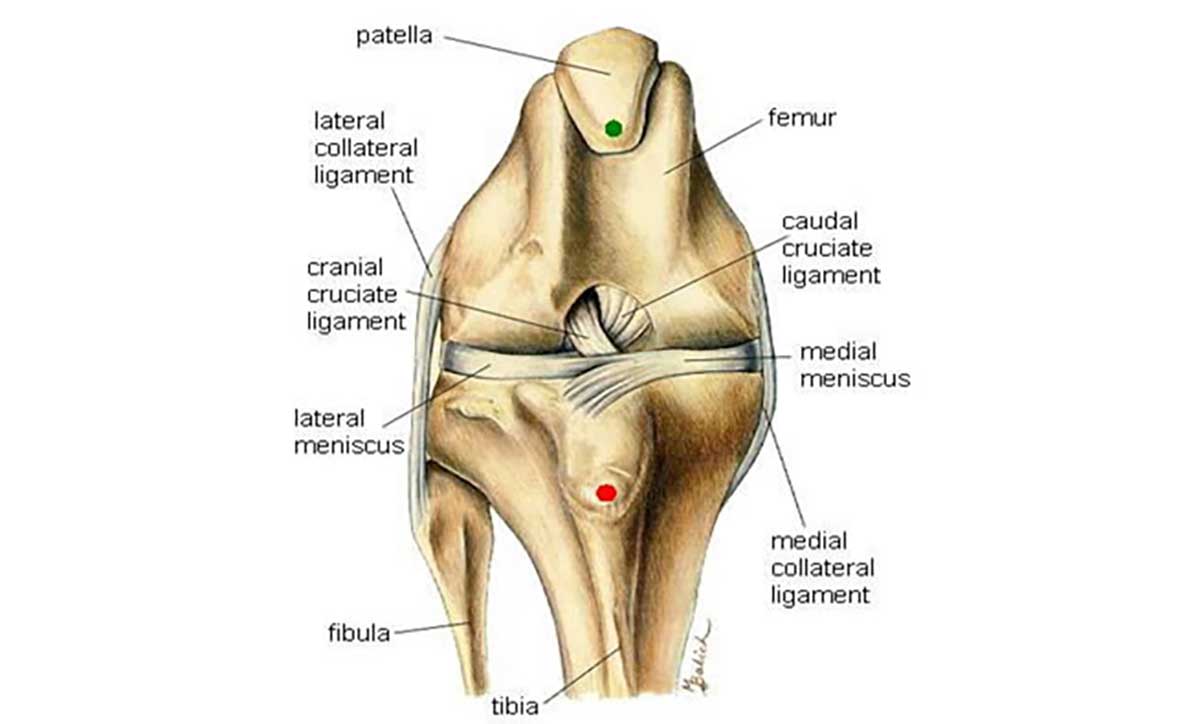My pet has a lump, what should I do?
The most important thing to do if you find a lump on your pet is to get it checked by your vet. Many skin lumps are benign and getting it checked quickly may give you peace of mind in knowing that there is nothing to worry about. However, skin cancers do occur in pets and these can appear very similar to some benign lumps so it is essential to get every new lump checked. Many people put off getting a lump checked because they are scared that they may get bad news. However, this can make matters far worse. Most skin cancers can be cured if they are diagnosed early and treated adequately. Treatment often becomes more difficult the longer you leave it and in some cases delaying treatment may allow cancer to spread and make a cure impossible.
What will the vet do?
Your vet will examine the lump to determine its size, feel and location. They will also perform a fine needle aspirate biopsy in nearly all cases to confirm the nature of the lump since most lumps cannot be reliably identified based on appearance alone. Fine needle aspirate cytology involves using a needle and syringe to collect a very small sample from the lump for examination under the microscope. At Berwick Springs Veterinary Hospital this can be performed at the time of the consultation and results are usually available immediately. A small proportion of lumps cannot be diagnosed by cytology alone and these lumps require a surgical biopsy which requires a day stay. Once the lump has been examined the vet will also perform a thorough examination of your pet to ensure that they do not have any other problems or additional lumps which require attention.

How are lumps treated?
The best way to treat a lump depends entirely on the diagnosis. Some lumps never require any treatment, others require surgical removal only if they grow too large and others are best treated with medication. Some cancerous lumps can be easily removed with surgery and yet others are locally invasive and require very wide surgical excision to remove all of the roots. In all cases, providing the correct treatment right from the start gives the best chance of a successful outcome. This is why early treatment and an accurate diagnosis are so important. If your pet has a lump then please do not delay, get it checked out by your vet at the first opportunity. You may just save their life.




